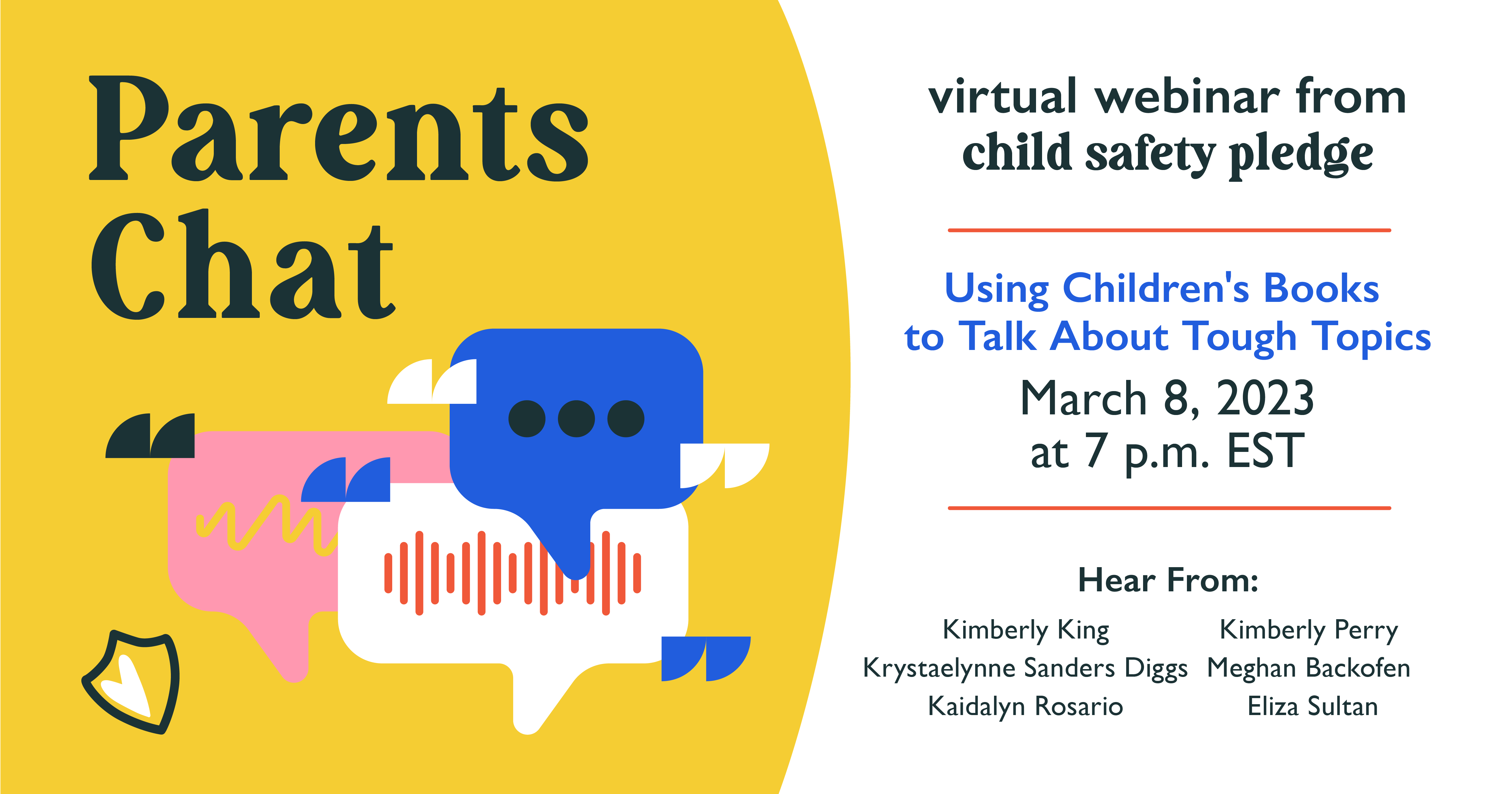Fourth grader Josefina had historically been a model student. When she began falling behind in class, zoning out, isolating from her peers, and forgetting her homework, her teacher brought her to me for an evaluation.
Josefina clearly presented as a depressed child. She reported difficulties sleeping, difficulties focusing, not finding enjoyment in things she used to like, and feeling little hope about the future. She had poor eye contact and a subdued demeanor.
After meeting with Josefina’s mother, I found out that Josefina had changed after being sexually assaulted by a neighbor. The family hadn’t called the police because they were undocumented and feared being deported. In fact, they hadn’t told anyone out of shame around what had happened. When I offered mental health support for Josefina, her mother asked, “But isn’t it better if she just forgets about it?”
In response, I pointed out the signs that her teacher and I had noticed. Left unsupported, I argued, Josefina’s mental health issues could worsen, even to serious consequences.
Stories like Josefina’s are not uncommon. There are many reasons why families might not seek support for mental health issues. Reasons like:
- Fear or mistrust of law enforcement, Immigrations, or social services
- Guilt, shame, or embarrassment
- Fear of being labeled “crazy” – or worse
- Reluctance to air one’s laundry in public
Yet what we know is that serious mental illnesses are on the rise within Hispanic communities in the US – especially among children. We also know that individuals suffering from mental illness, such as depression, post-traumatic stress, or anxiety, are more likely to binge drink or use illegal substances. And they are significantly more likely to attempt or die by suicide.
Talking about mental health is hard – but struggling in silence is harder. If you are ready to break down the stigma around mental health, consider these steps:
- Open the conversation. Ask your children questions like: How are you feeling about this situation? What brought you joy today? What was a struggle? Would you like to talk about it?
- Set an example for your children by talking about your feelings. Share the supports or tools you use to manage difficult emotions like frustration and anger.
- Provide an outlet for your children to express and process emotions. This could be something active like sports, or something quiet like music, meditation/prayer, or art.
- If you notice a change in your child’s behavior, mood, or functioning ask about it. Be curious and supportive.
- If you or your child are struggling, seek help from professionals as soon as you can. If you don’t know where to go, reach out to your pediatrician, the counselor at your child’s school, or one of the resources below.
By breaking down barriers, together we can build healthier, more resilient children and communities, leading to a brighter tomorrow.
Mental Health in Hispanic Communities – Resources for You:
To find a culturally appropriate therapist: www.therapyforlatinx.com
For more information on mental health: Latinx/Hispanic Communities: Información y Materiales de Salud Mental en Español | Mental Health America (mhanational.org)
Find more safety tips and resources like this article on Mental Health in Hispanic Communities by visiting our Learning Hub and sorting the content category to “Hispanic Community.”












Comments are closed.